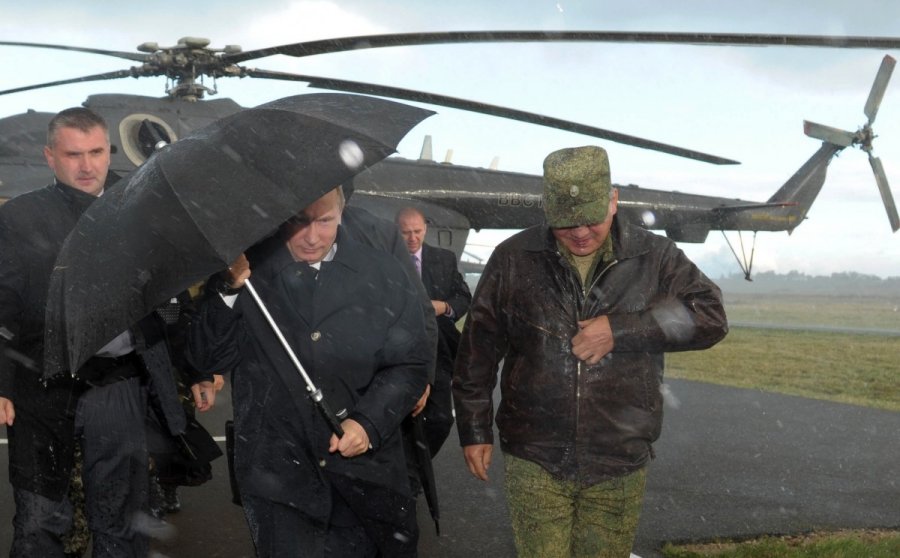Russia’s shadow economy and the self-sufficiency of Russians living outside of the major cities of the country “have allowed Russia to survive the crisis and the introduction of sanctions without large losses, according to five-year-long study of provincial society carried out by sociologists at Moscow’s Higher School of Economics.
According to the study’s findings, Diana Yevdokimova writes in “Novyye izvestiya,” Russian provincial society is characterized by a pattern of social stratification in which “the status of an individual depends not on income but on his public authority and influence, his status [with the authorities] and his membership in various clans, employment and shadow groupings.”
Consequently, Yury Plyusnin, one of the authors of this study says, while Russians in the cities are frightened as a result of sanctions, the nature of provincial society with its self-organizing and self-supplying systems guarantees the stability of the state and means that an economic crisis as understood in the cities or abroad will not affect most residents.
According to Simon Kordonsky of the Higher School of Economics, official sources say that 40 percent of Russia’s GDP is in the shadow sector. But in fact, he suggests, the actual figure is much higher. As a result, “the country stands on a very firm foundation,” one seldom described, and “lives according to its own laws because for the state it doesn’t exist.”
People in this category, include those who do not work anywhere officially, often move from place to place, and do not pay taxes. Some of them live in a natural or dacha economy where they grow their own food. Others engage in “garage” production where they produce and sell things but without reference to the state and its rules.
“No fewer than a third of all rural families live off water and forest resources of the country which are in no way controlled by the state,” Plyusnin says. They may declare part of what they harvest but far from all of it, and thus they have incomes which may be twice or more what the state thinks they do.
In Yevdokimova’s words, the authors of the study draw “several other important conclusions.” First, the sociologists say that Russia must be understood not as a market economy but as a resource economy. Second, the country’s social structure is one consisting of various strata, some of which are connected to the state but many of which aren’t.
The sociologists identify four strata groups: the authorities (five percent), the people (66 percent), the entrepreneurs (15 percent), and the marginal (13 percent).
And third, they say, many Russians engage in seasonal work and move among two, three or even more residences in the course of the year. As a result, Kordonsky says, there are really two Russias, “one visible to the state and one invisible.” If the visible is in trouble because of the crisis and sanctions, the invisible continues to function, not contributing much to its members’ advancement but preventing them from falling even further behind.








